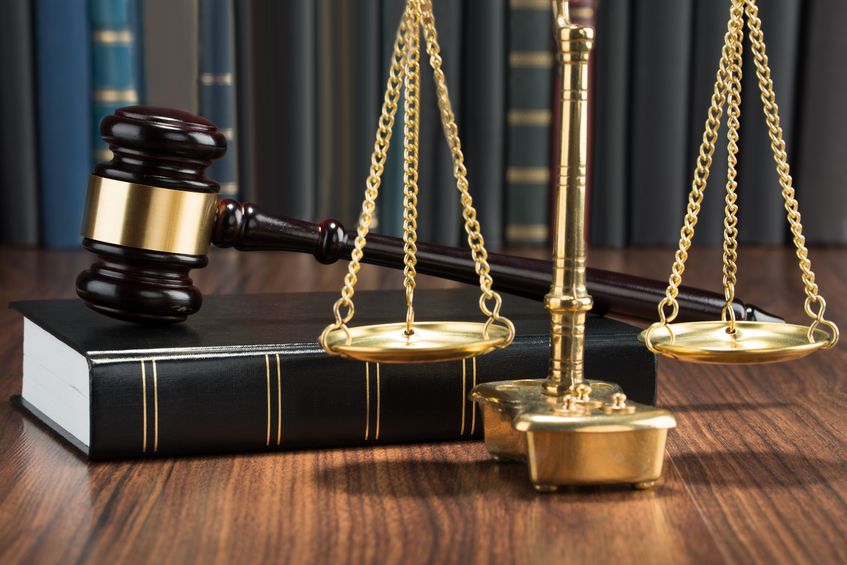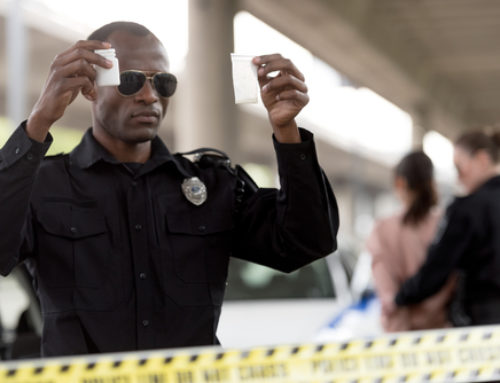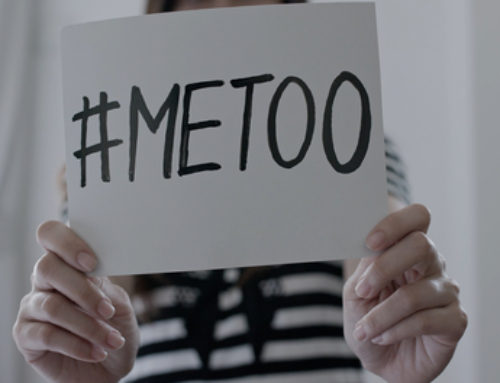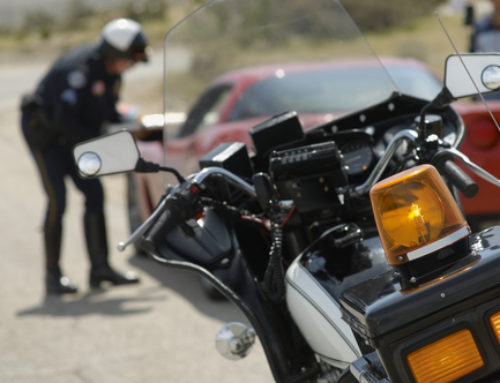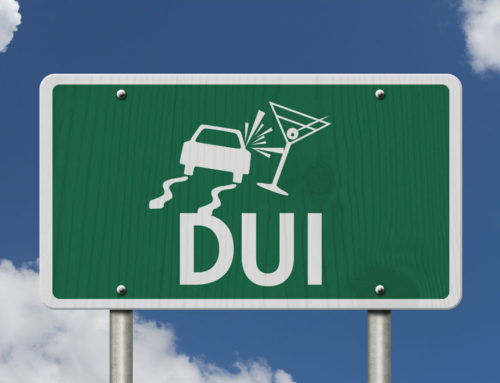An Unfortunate and Often Unforeseen Consequence
Many Florida citizens who may have made a mistake in their past and have been convicted of a felony may have reason to regret that mistake even more when attempting to exercise his or her constitutional right to vote. They will find themselves unable to do so due to Florida’s draconian laws relating to the restoration of a felon’s voting rights. An automatic consequence of a Florida felony conviction is the loss of voting rights in Florida, although this may or may not be explained by a judge when a criminal defendant is either convicted or pleads guilty to a felony offense and then is sentenced to either a term of imprisonment, probation, or both.
In Florida the process for having these voting rights restored is long and arduous, and more expensive, time consuming, and less certain of success than virtually every other state on the United States. The system, which unnecessarily penalizes African-Americans when compared to other racial or ethnic groups, is so stacked against felons that it was recently successfully challenged in federal court. It is also the subject of a measure to overhaul this process that will appear on the ballot in Florida in November.
A Problem for Millions of Floridians
Currently Florida has nearly 1.7 million residents who cannot vote in state or federal elections because of a felony conviction. This means 1 out of every 10 potentially eligible voters in Florida cannot vote in each and every federal or state election. This includes 21 percent of the state’s African-American population. Regardless of one’s political affiliation, this is a serious problem because it means that elections in Florida are potentially not being decided by the entire pool of voters, but instead by an artificial subset that excludes those who have paid their debt to society and completed their criminal sentences for a felony conviction.
Florida’s Process for Restoring Felon’s Voting Rights
The process of losing one’s voting rights as a result of a felony conviction and then attempting to regain those rights can be an expensive, laborious and difficult journey that often results in failure. One of only three states that automatically strips those convicted of a felony of their right to vote as a consequence of a felony conviction, Florida vests all authority in restoring a felon’s voting rights in a clemency board. According to Florida law, Florida’s Governor, Attorney General, Agriculture Commissioner and Chief Financial Officer serve as the state’s clemency board that determines whether felons’ rights should be restored. The board meets approximately four times per year and only considers 50-75 cases at each meeting. What is even worse, ex-felons must wait five or seven years after finishing their sentences —- including successful completion of probation or parole and payment of all outstanding fines —- before they can even apply to have their voting rights restored. Even then, there are no clear guidelines which the board applies in deciding whether to restore a felon’s voting rights.
A Nearly Impossible Task in Recent Years
According to statistics from the Miami Herald newspaper, current Florida Governor Rick Scott has been the most difficult governor in recent times (regardless of political affiliation) when it comes to obtaining the restoration of your voting rights if you are a convicted felon. In the seven years since he first took office in 2011, Scott’s clemency board has only restored voting rights to approximately 2,300 felons. This is significantly less than the number of felons whose voting rights were restored under either former Gov. Charlie Crist, who restored rights to 55,315 ex-offenders, and former Gov. Jeb Bush, who restored rights in 76,736 cases. In addition, according to a Sun Sentinel report, there is a backlog of 12,000 applications awaiting review.
Recent Challenges to Florida’s System for the Restoration of Felons’ Voting Rights
The slow process and the unnecessary delay built into the current system for the restoration of felons’ voting rights in Florida has prompted challenges to this process on a number of fronts. An advocacy group filed a federal court lawsuit challenging the process. A federal judge found the process to be unconstitutional in February, ruling that the system gives complete discretion to the panel and sets forth no standards they must be guided by in their decision as to whether or not a felon’s rights will be restored. At the same time, after years of gathering signatures, organizers of a petition now have more than a million signatures to allow a measure on the November ballot to automatically restore a felon’s voting rights after they successfully complete all portions of their criminal sentence, including the completion of parole/probation and payment of any fines or court costs, if passed by 60% of voters. Automatic restoration would be excluded for those convicted of murder or sexual offenses.
Contact Experienced West Palm Beach Criminal Defense Attorney Bryan Raymond if You Have Been Charged with a Felony in Palm Beach County
Given the stakes of a felony conviction, including the loss of your ability to vote, it is important that you have an aggressive criminal defense attorney who will forcefully fight for you if you have been charged with a felony in Palm Beach County, Florida. Experienced West Palm Beach criminal defense attorney Bryan M. Raymond of the Law Office of Bryan Raymond has experience representing both juveniles and adults who have been charged with all manner of felony criminal offenses in Palm Beach County. Bryan will fight for you every step of the way to ensure that you are not in danger of losing your basic constitutional rights like the right to vote. Therefore, if you have been charged with a felony in Palm Beach County, Florida and need a skilled, experienced criminal defense attorney who will stop at nothing to prepare your defense, immediately contact experienced criminal defense attorney Bryan Raymond today at (561) 682-1115 or [email protected]t.
Copyright: andreypopov / 123RF Stock Photo

